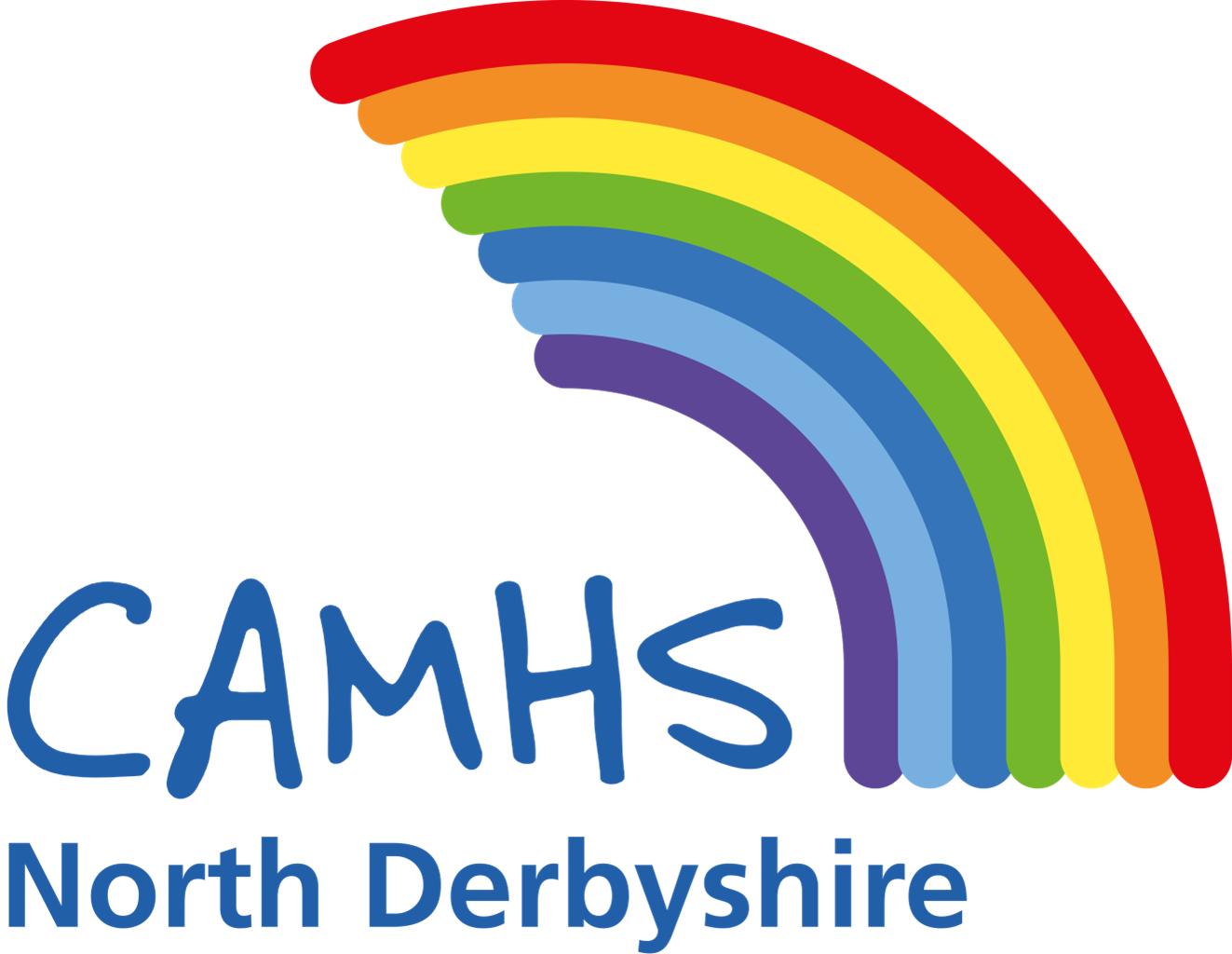autism and mental health
Suicidal Thoughts in ASD
Introduction
Suicidal thoughts are surprisingly common, with up to a third of all people having thought about suicide at some point in their life. Suicidal thoughts are thinking that life isn’t worth living.
Whilst some young people with ASD may think about suicide or feel that they want to end their life, this does not mean that they will always go onto attempt it.
Having thoughts about suicide and making specific plans to end your life are different things, but both should be taken very seriously.
Suicidal thoughts in ASD
Some young people with ASD may voice suicidal thoughts:
As a way of escaping from situations they find distressing
As a way of communicating their feelings when feeling overwhelmed and struggling to express their emotions.
As they are struggling to come up with different solutions to a problem, and due to a tendency to think in a ‘black and white’ manner, may feel that ending their life is their only option.
Without intention to harm themselves.
early warning signs
Some early warning signs that someone may be at increased risk of suicide can include:
Threats to hurt themselves and/or looking for ways to end their life (e.g., researching it on the internet)
Talking or writing about death or suicide
Dramatic changes in mood
Increased social withdrawal
Increased use of alcohol or other drugs (whilst under the influence a young person may be more disinhibited and impulsive)
Increased level of agitation
Saying goodbye – to friends and family as if they won’t be seeing them again
Seeking help
If your young person is voicing suicidal thoughts, or you are worried that they are at risk of suicide, always take these concerns seriously.
Never assume that they won’t act on them – this should be assessed on a case by case basis with a mental health professional. Always seek professional advice and support.
who can help?
The Children’s Urgent Care Team – Available 7 Days a Week – between hours of 10:00 – 22:00. Tel: 07901330724
For Serious Self-harm
Active Suicidal Thoughts and Behaviours
Acute Mental Health Presentation or Relapse
Speak to your GP who will be able to refer you to CAMHS.
If there is an immediate risk to life, ring 999 or take them to A&E and stay with them until they are seen by a member of the mental health team.
Further support, advice and self-help
Young Minds gives free, relevant, practical information about a range of mental health issues in children and young people. It has information about feelings and symptoms, conditions and looking after yourself. It also has some specific information about self-harm and what to do about self-harm.
National Autistic Society provides free information and advice about autism. It has easy to read pages appropriate for young people and provides clear guidance for families on how to manage some of the challenges present in Autism.
Autistica gives information about Autism and related conditions. They are involved in ongoing research projects to help those diagnosed with ASD and their families to lead long, healthy and happy lives.
Papyrus - Prevention of Young Suicide. 0800 068 41 41
(Mon – Fri 10am – 5pm / 7pm – 10pm. Weekends 2pm – 5pm)
Samaritans: 116 123 (24 hours)


